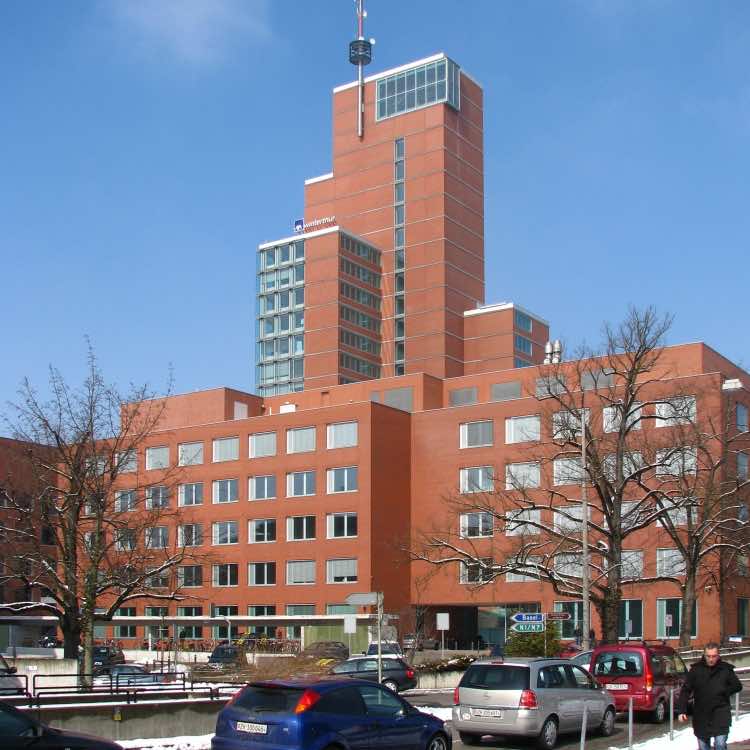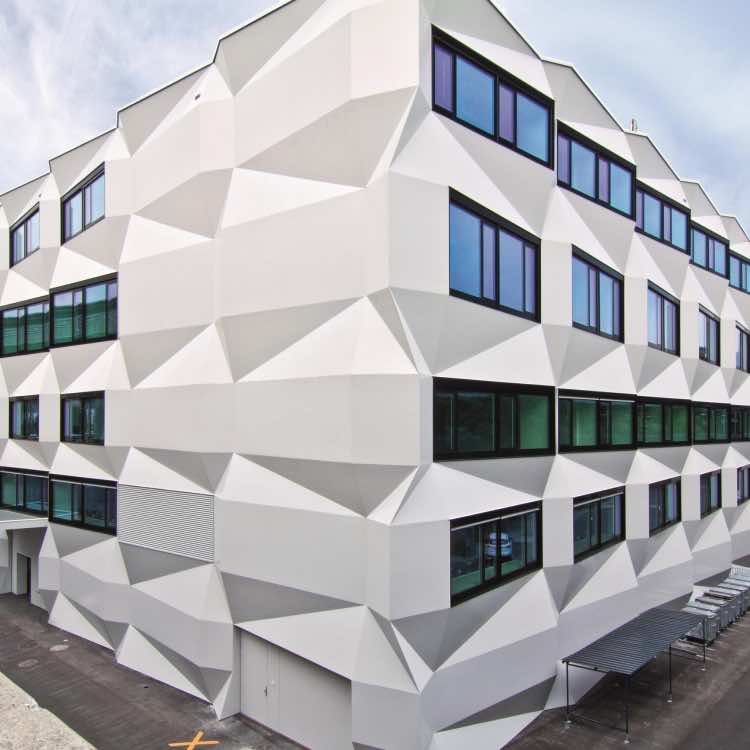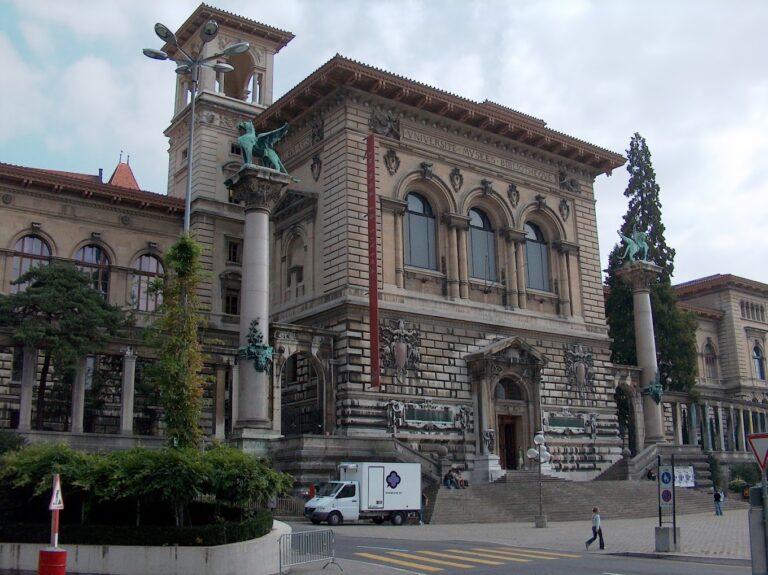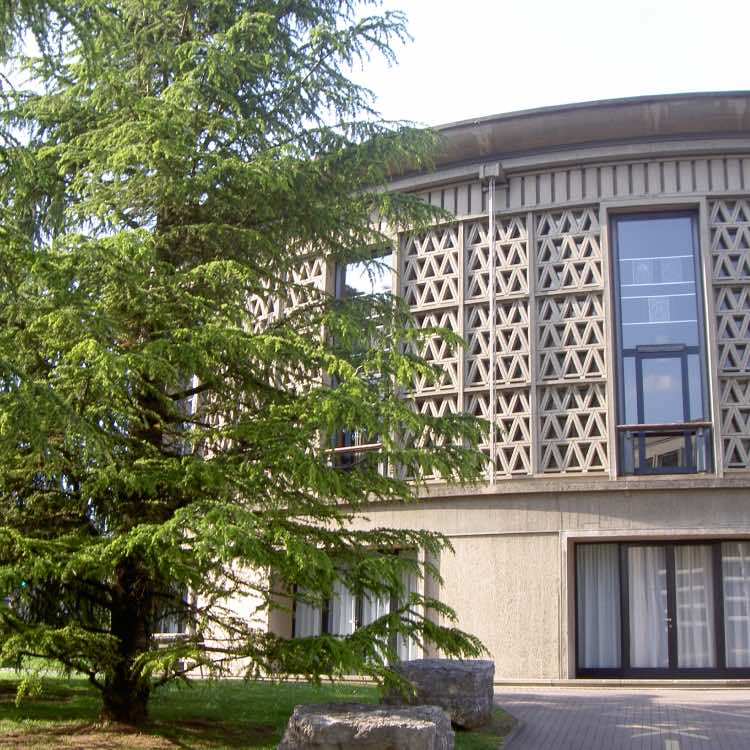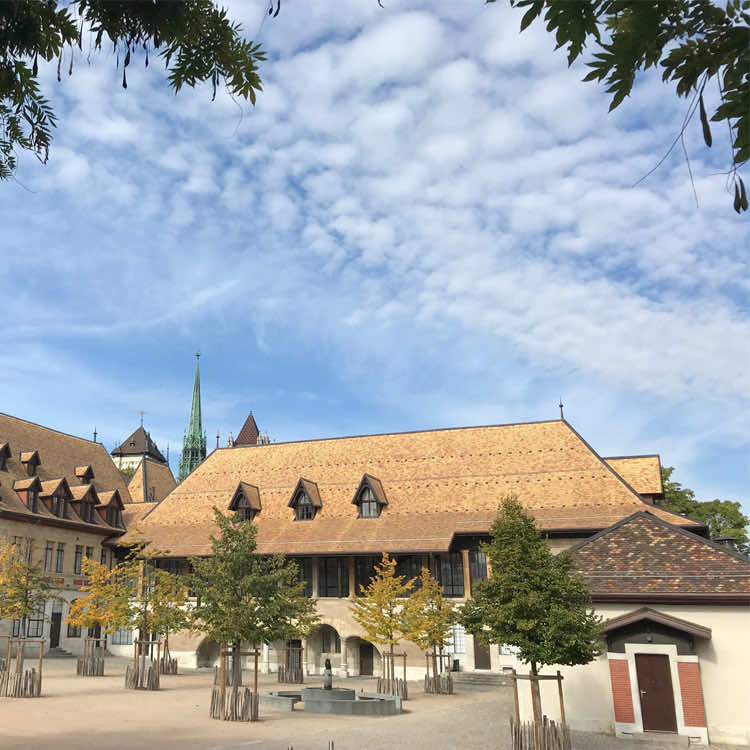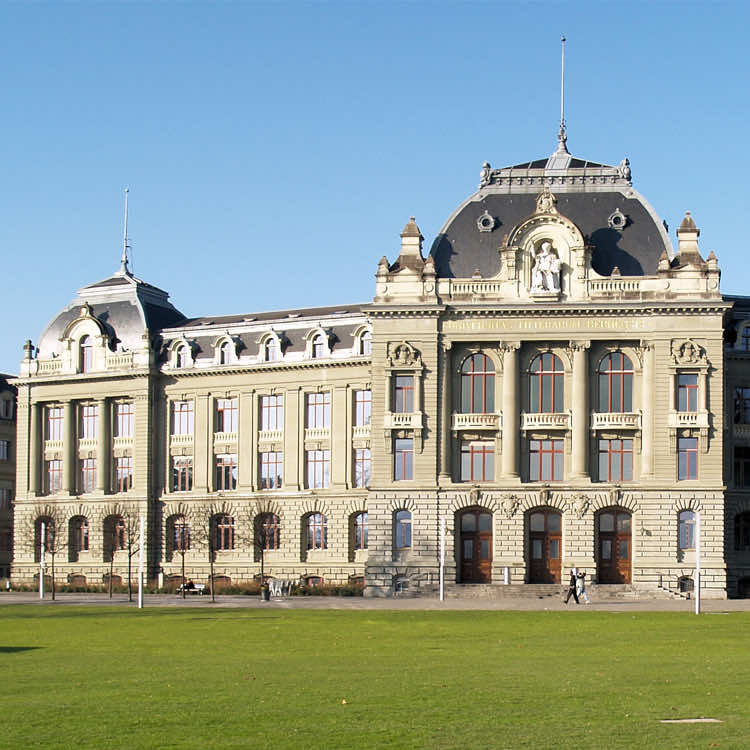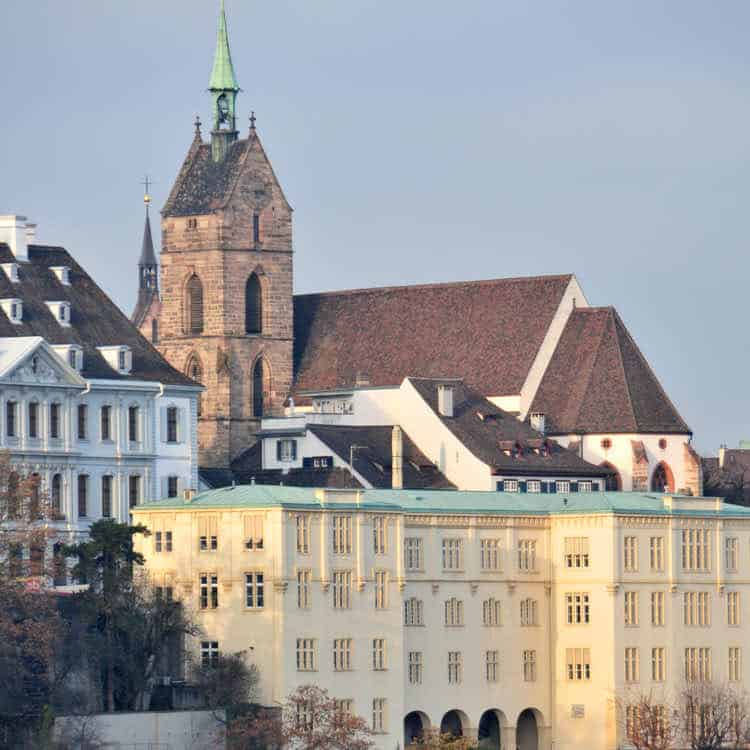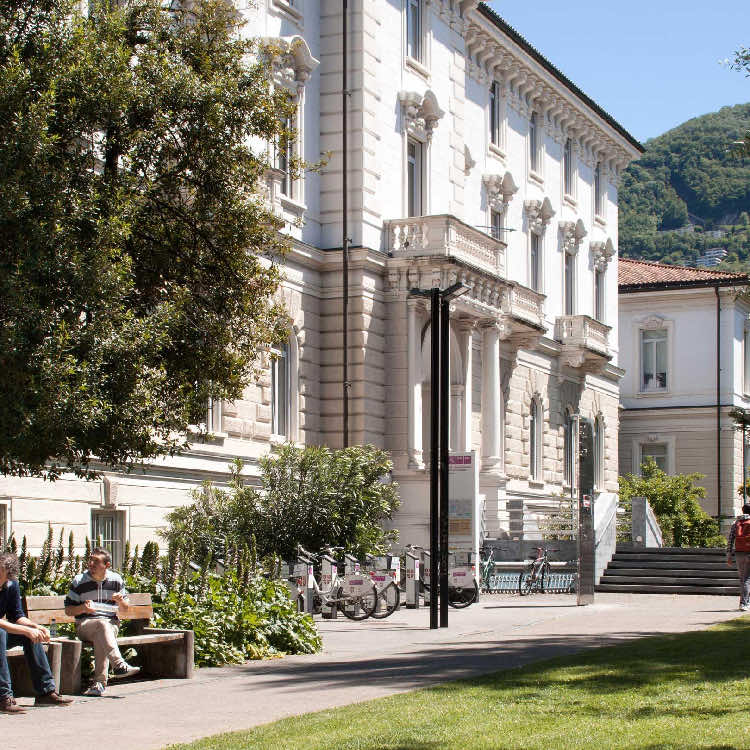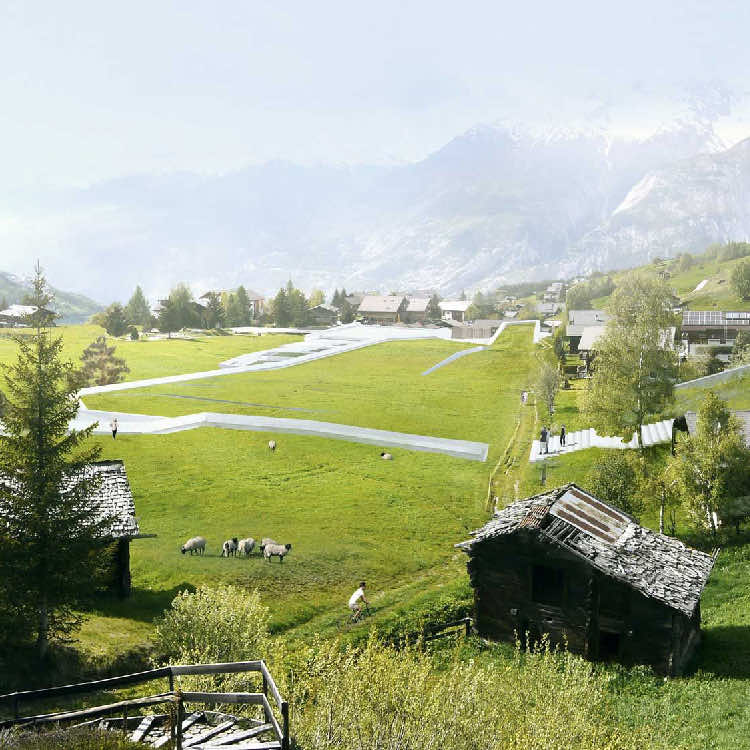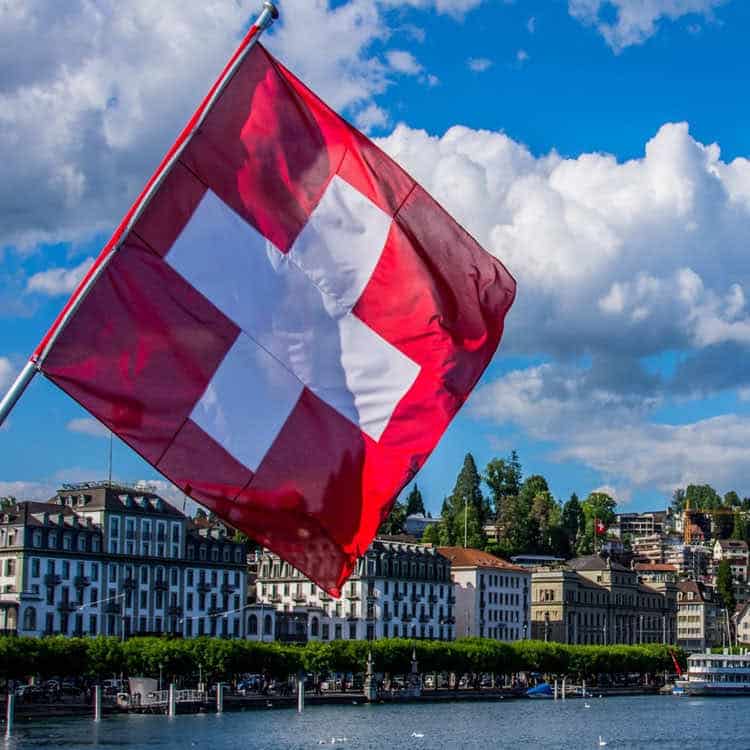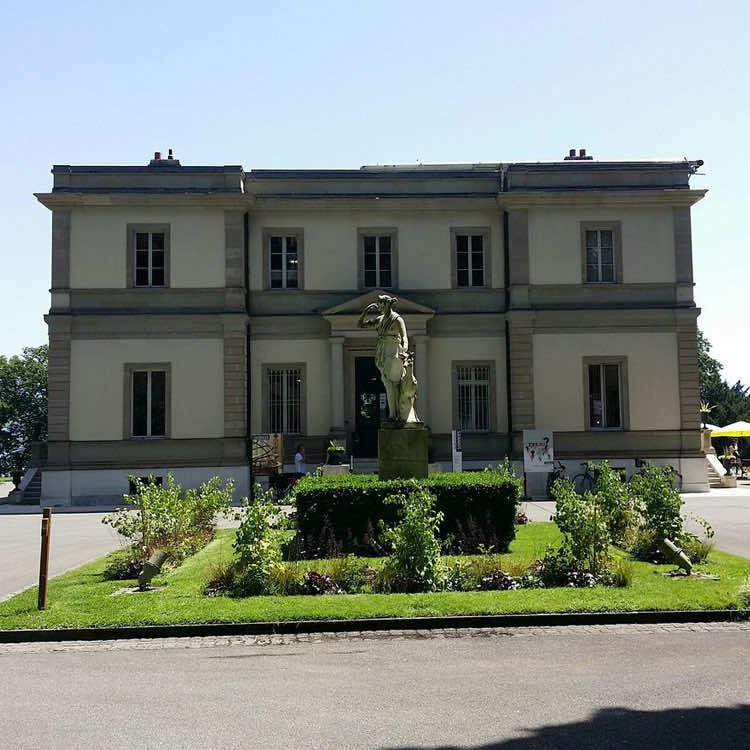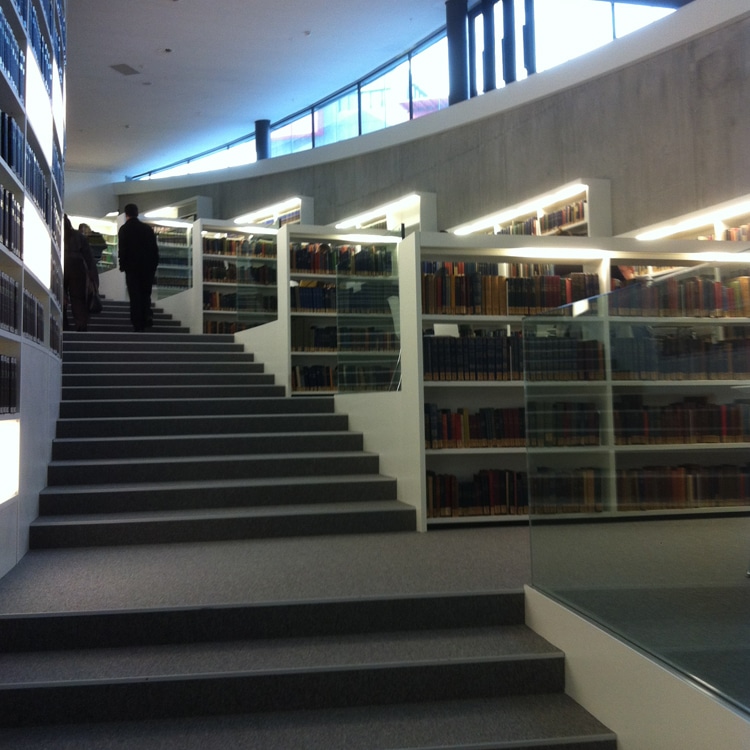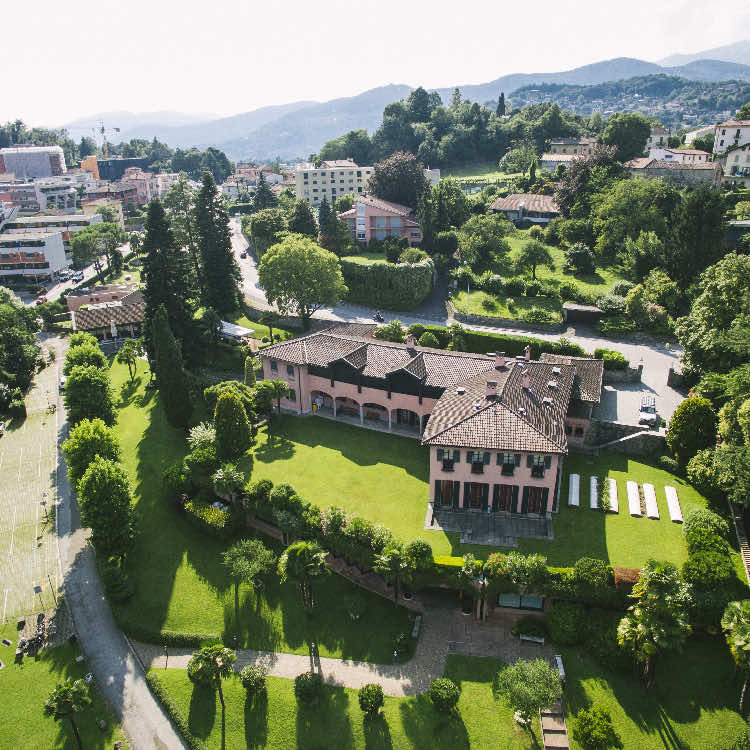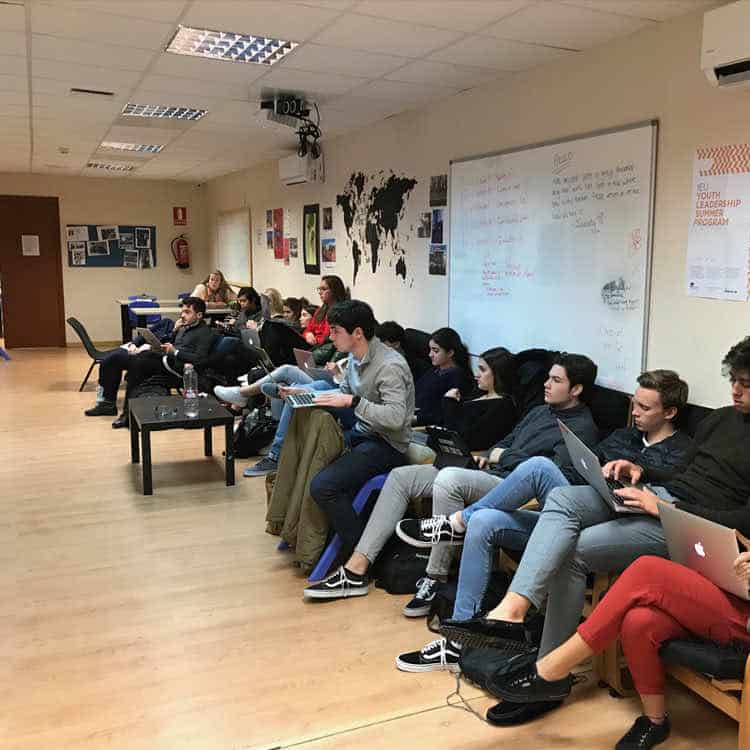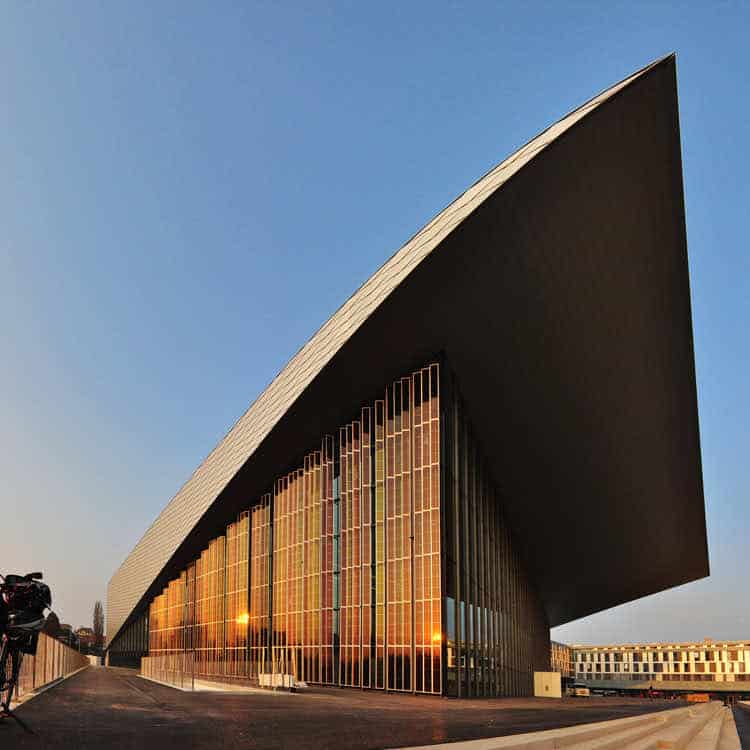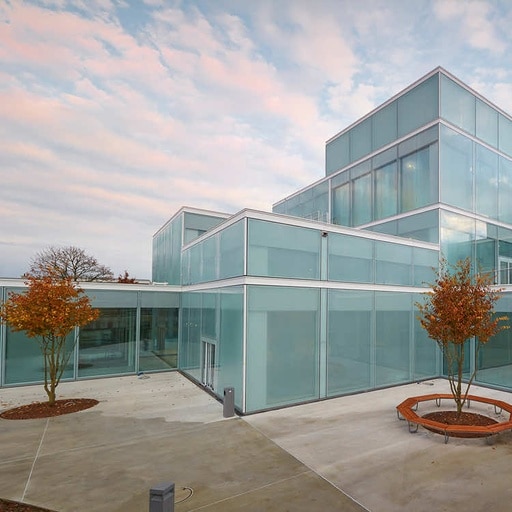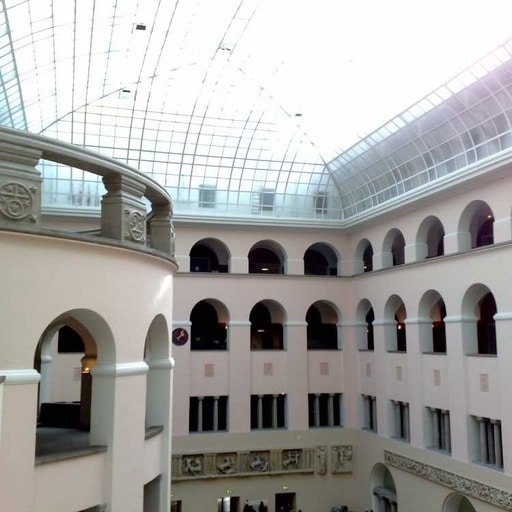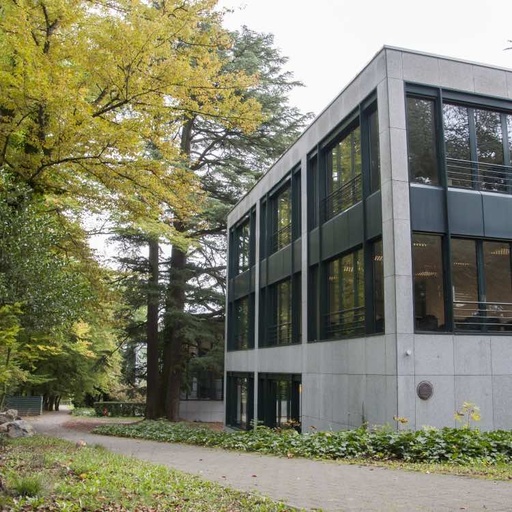Sorry, no records were found. Please adjust your search criteria and try again.
Sorry, unable to load the Maps API.
With its dramatic mountain scenery, delicious cuisine, and renowned universities, Switzerland is a popular study destination. It is a relatively small country, bordered by Germany to the north, France to the west, Italy to the south and Austria to the east. While a great proportion of the country is taken up by the Alp mountain range, the majority of its population (8 million) lives in cities such as Zurich on the plateau. A number of Switzerland’s cities regularly feature at the top of the quality of life surveys. It is commonly remarked within Europe that, with their watchmaking heritage, “the Swiss transport system always runs on time”. Switzerland and Belgium share two things in common: they both make delicious chocolate and they have more than one national language. In fact, in Switzerland, there are four; German, French, Italian, and Romansch. The language spoken is determined by the canton it belongs to. Altogether, Switzerland has 26 cantons (states or provinces). Each canton can have one or more of the above as its national languages. Each language carries its own specific cultural traits and customs. German is the most widely spoken of these languages. Although very much a part of Europe, Switzerland is not a member of the European Union (EU) and has its own currency, the Swiss Franc. However, it is part of the Schengen Area, which means it has abolished its border controls, allowing you to freely travel to other European countries. In a similar fashion to Germany, Switzerland has different types of higher education institutions. There are canonical universities, which take a traditional approach to higher education. There are also universities of applied sciences (UAPS), which stress the practical side of learning and are less concerned with purely theoretical knowledge. Lastly, there are the Federal Institutes of Technology, which are focused on research connected to technology


